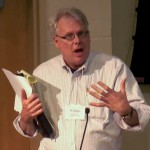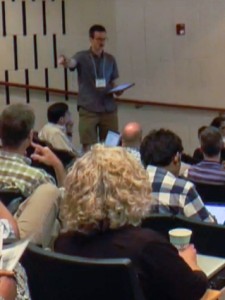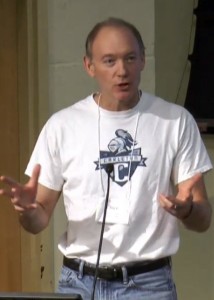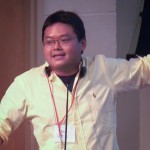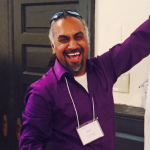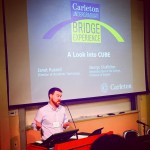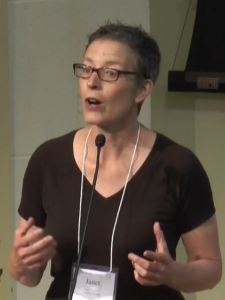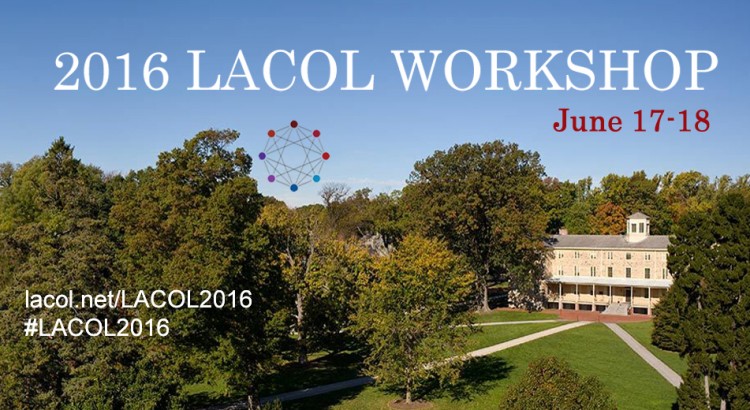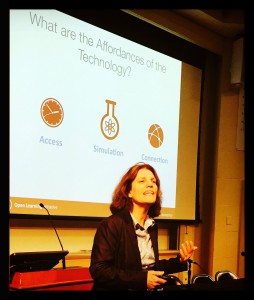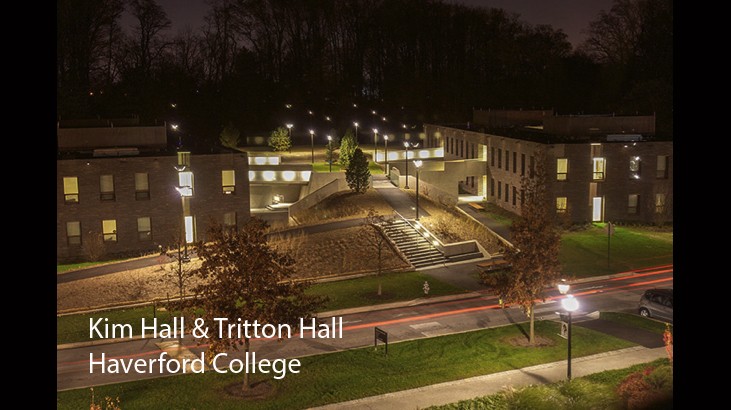Here are the recommended places to stay for the June 2016 LACOL Workshop. Please indicate your choice as you register for the workshop.
On-Campus Option:
 RECOMMENDED: Haverford Residence Hall. Participants can reserve a room (or rooms) to stay in the Haverford College residence halls (Kim Hall or Tritton Hall, pictured above) located immediately adjacent to the workshop. The charge for a single room per night is $50US.
RECOMMENDED: Haverford Residence Hall. Participants can reserve a room (or rooms) to stay in the Haverford College residence halls (Kim Hall or Tritton Hall, pictured above) located immediately adjacent to the workshop. The charge for a single room per night is $50US.
Important Note: All rooms in the residence halls are singles with a shared hall bathroom and shower (approximately 5 rooms per hall.)
Off-Campus Options:
Hotels near the College (short driving distance)
 RECOMMENDED: Radnor Hotel
RECOMMENDED: Radnor Hotel
(4 miles off campus)
591 East Lancaster Avenue
St. Davids, PA 19087
Phone: (610) 688-5800
From out of town: (800) 537-3000
www.radnorhotel.com
Marriott Philadelphia West, West Conshohocken (6 miles)
111 Crawford Avenue
West Conshohocken, PA 19428
Phone: (610) 941-5600
From out of town: (800) 237-3639
http://www.marriott.com/hotels/travel/phlwe-philadelphia-marriott-west/
Residence Inn by Marriott, Conshohocken (4 miles)
191 Washington Street
Conshohocken, PA 19428
Phone: (610) 828-8800
From out of town: (800) 331-3131
www.conshohockenresidenceinn.com
Philadelphia Center City Hotels (10-12 miles, take SEPTA rail to Haverford Stn)
Hampton Inn Philadelphia Center City-Convention Center
1301 Race Street
Philadelphia, PA 19107
Phone: (215) 665-9100
From out of town: (800) HAMPTON
http://www.hamptoninn.com/en/hp/hotels/index.jhtml?ctyhocn=PHLCVHX
Read More
